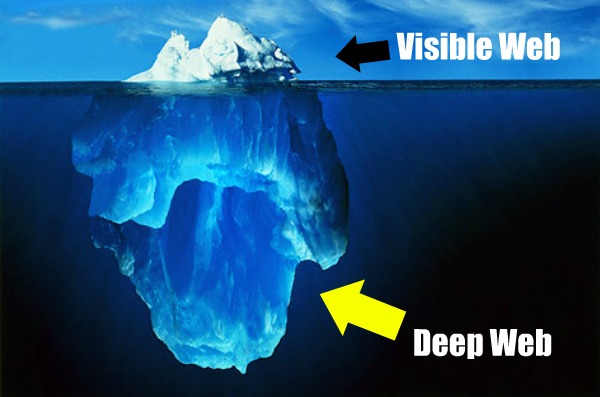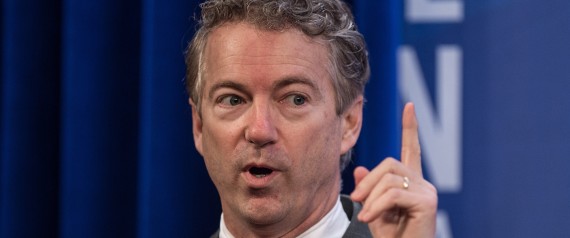Supreme Court reverses course, allowing assisted suicide and reshaping nation’s political agenda

The Conservative government that vowed never to reopen the question of
assisted suicide is seeking to buy time in the wake of the bombshell
ruling. Unanimous and unequivocal, the ruling will go down in the
history books as Carter vs. Canada.
It set out circumstances where the country’s top court said assisted
suicide is constitutional — under a physician’s care, for consenting
adults who determine they cannot tolerate the physical or psychological
suffering brought on by a severe, incurable illness, disease or
disability — a stunning reversal of the court’s 21-yearold ruling in the
Sue Rodriguez case.
Justice Minister Peter MacKay said the government needs to absorb the
ruling on a matter so “sensitive” for many Canadians. He hinted it could
take the whole year granted by the court to develop a legislative
response. Neither the NDP nor Liberals stated a clear party position,
but both hinted at the need for federal guidelines to protect the
vulnerable.
In the 9-0 judgment, the court declared the Criminal Code’s absolute ban
on assisted suicide goes too far. Its attempt to protect “vulnerable
people” also prevents competent, consenting adults suffering “grievous
and irremediable medical conditions” from making core decisions about
how they live and die, and so breaches three of the most basic rights:
to life, liberty and security of the person, all enshrined in Sec. 7 of
the Charter, and is not justified in a free democratic society. The
judges declared the right to life does not mean individuals “cannot
‘waive’ their right to life.”
The ruling is not limited to disabled individuals who are unable to kill
themselves unaided, nor to cases of terminal illness or people near
death. Instead, the ruling applies broadly in cases of a major illness,
disease or disability that inflicts intolerable physical or
psychological suffering on a patient. The court said nothing in its
ruling would compel a physician to act against his or her conscience or
religious beliefs, and it is up to lawmakers to balance conflicting
rights.
The decision was signed by the court, as a signal of a powerful
consensus among all nine judges including the retiring Louis LeBel, and
six of Prime Minister Stephen Harper’s appointees.
The court suspended the effect of the ruling for 12 months.
Parliament now has several options:
It could enact a new law laying out a scheme for physician-assisted
suicides — setting out guidelines for determining consent, timelines,
residency requirements, or the extent of medical assistance for example,
as Quebec has done.
It could decide not to draft a new law, allowing the ruling to stand as
an expression of principles and leave details up to provinces or medical
regulatory bodies and authorities to oversee.
If Parliament does not draft a new law within that time, the effect of
the decision would be to allow physician-assisted suicides within those
limited circumstances. But it would not permit anyone to aid individuals
to commit suicide at any time. The general prohibition still stands.
Afederal government could invoke the Constitution’s little-used
escape or override clause that allows governments to legislate
“notwithstanding” basic rights in the Charter. In an election year,
that’s seen as political dynamite.
University of Ottawa law professor Carissima Mathen said unlike
when the abortion law was struck down in 1989, the overall law against
assisted suicide still stands, so a national regime that codifies the
Supreme Court ruling would be an appropriate legislative response rather
than no law at all, said Mathen, “and you need co-operation with
relevant health authorities to ensure the system is managed
competently.”
She said it would be “very dangerous and unfortunate” if there
were no law, leaving disputes to be settled in individual prosecutions
by a trial judge “who will basically be told by a defendant that
applying this law in this case is unconstitutional. That’s what would
happen if they do nothing.” She said use of the “notwithstanding” clause
to override the court’s findings would be out of step with a majority
of Canadian public opinion on an issue that affects many families
directly.
Already social conservatives who support the Harper-led government are calling on the Conservatives to do just that.
Campaign Life Coalition urged Parliament to invoke the override
clause, Sec. 33 of the Charter, or enact a law “that protects vulnerable
Canadians from assisted suicide.” Others slammed the high court for
judicial policy-making.
The family of Kay Carter, one of two B.C. women at the heart of
the challenge, was overjoyed at what daughter Lee called a “huge victory
for Canadians and a great legacy for (her mother) Kay.”
For them, and the civil libertarians and right-to-die advocates
who joined their fight for the change, it was a clear and decisive
victory.
Kay Carter and Gloria Taylor, another B.C. woman, suffered from
different debilitating conditions when they launched the landmark case.
Both have since died. Carter’s family escorted her to Switzerland, which
allows physician-assisted suicide. The British Columbia Civil Liberties
Association took up their challenge. The court said the litigation was
in the broad, national public interest and deserved full legal costs —
estimated to be in the millions — to be paid by the federal government
with some costs to be paid by the government of British Columbia.
But disabled advocates agonized. In a statement, the Council of
Canadians with Disabilities (CCD) and the Canadian Association for
Community Living challenged governments to maintain or expand home-care
services and supports, a national suicide prevention strategy for
persons with disabilities and degenerative conditions, and “most
critically” questioned whether governments would provide access to
palliative care as a universally available service at the end of life.
CCD spokeswoman Catherine Frazee, shaken by the ruling, said
“disabled people are very much at risk and I think we have to rise up
and assert that disabled lives matter.”
Friday’s decision overturned the court’s1993 ruling in Sue
Rodriguez’s bid for help to end her life before ALS made it impossible
to even ask. The high court said it was time to revisit that because of
legal changes in how courts analyze the constitutionality of statutes,
and evidence based on the international experience that now shows how
“safeguards” can be built into a “permissive regime” to protect
vulnerable people from error or abuse.













